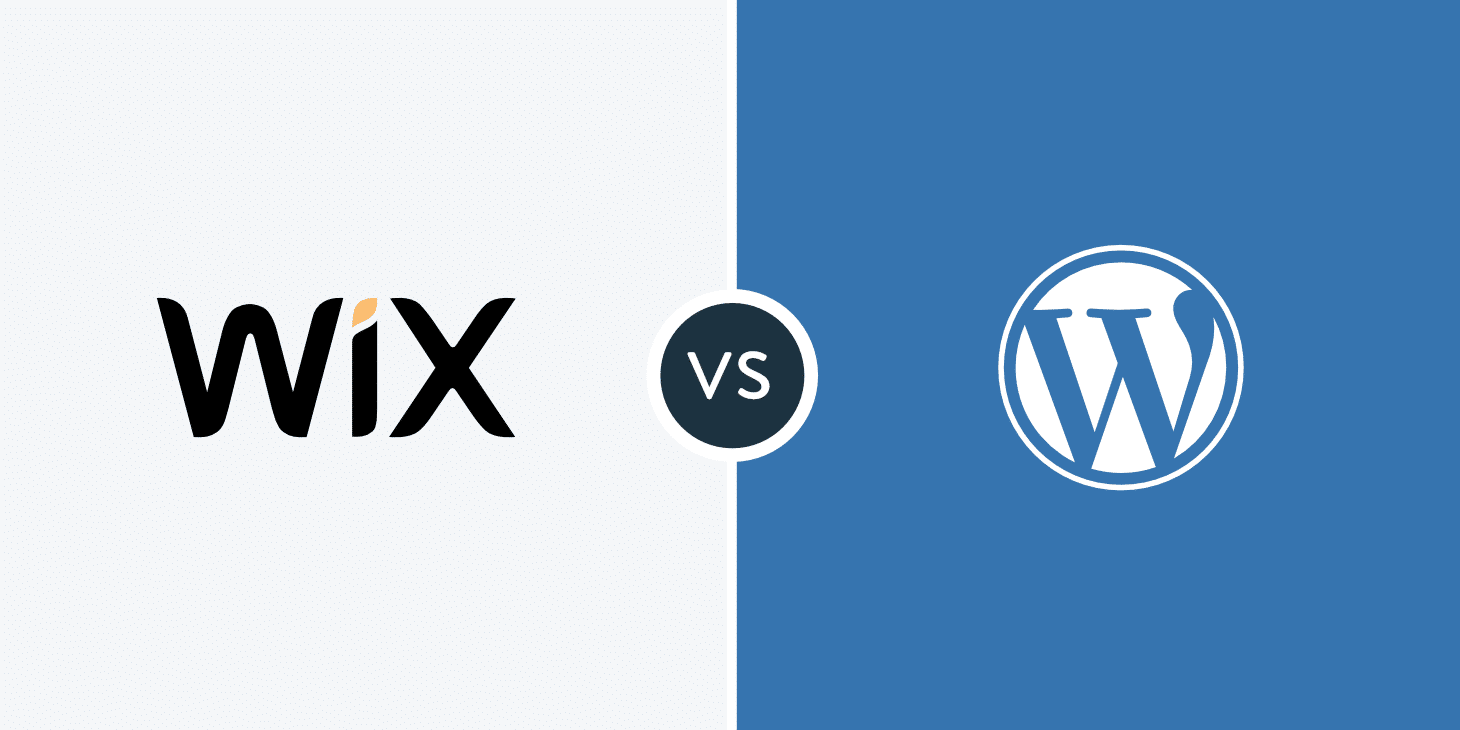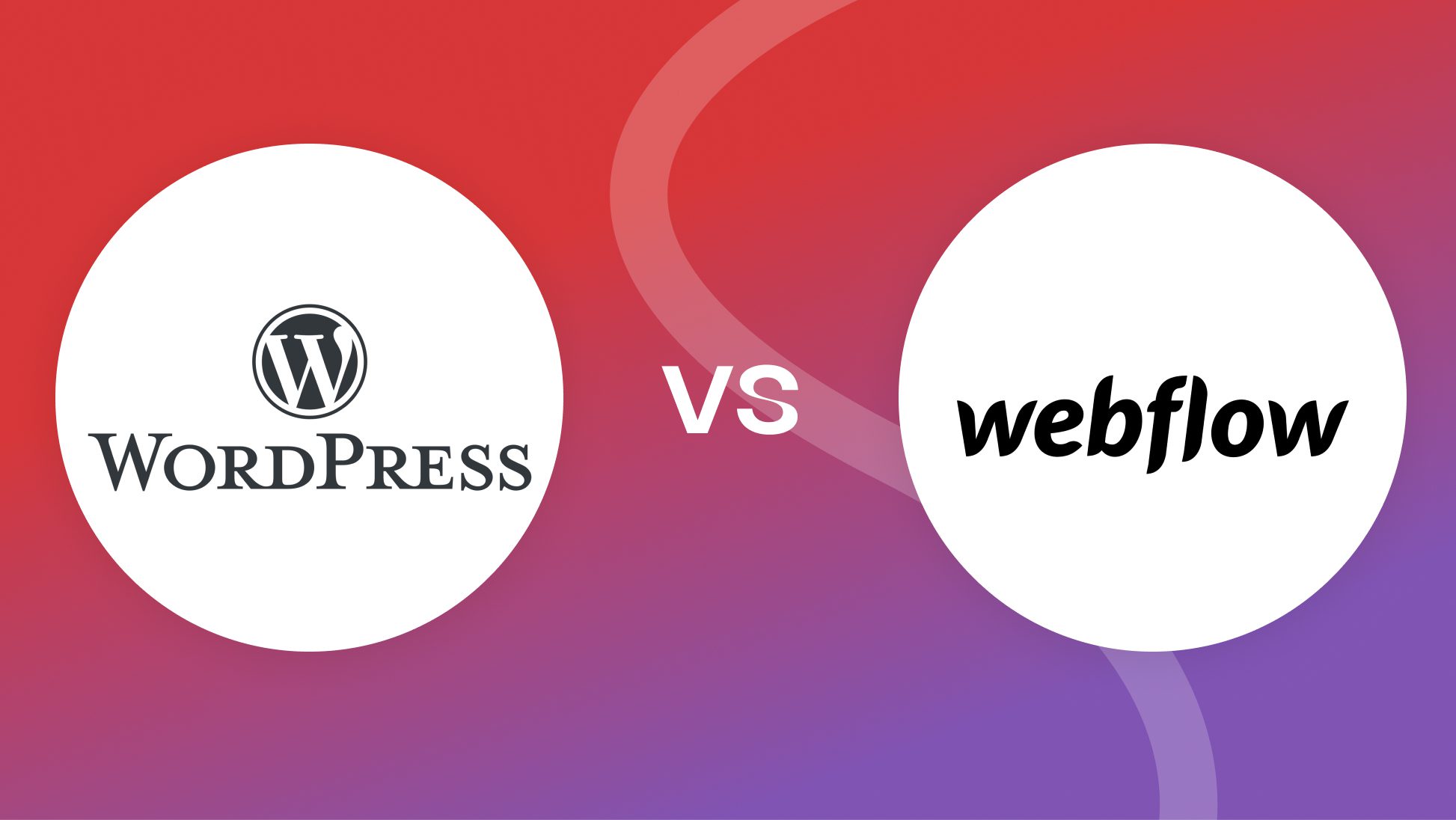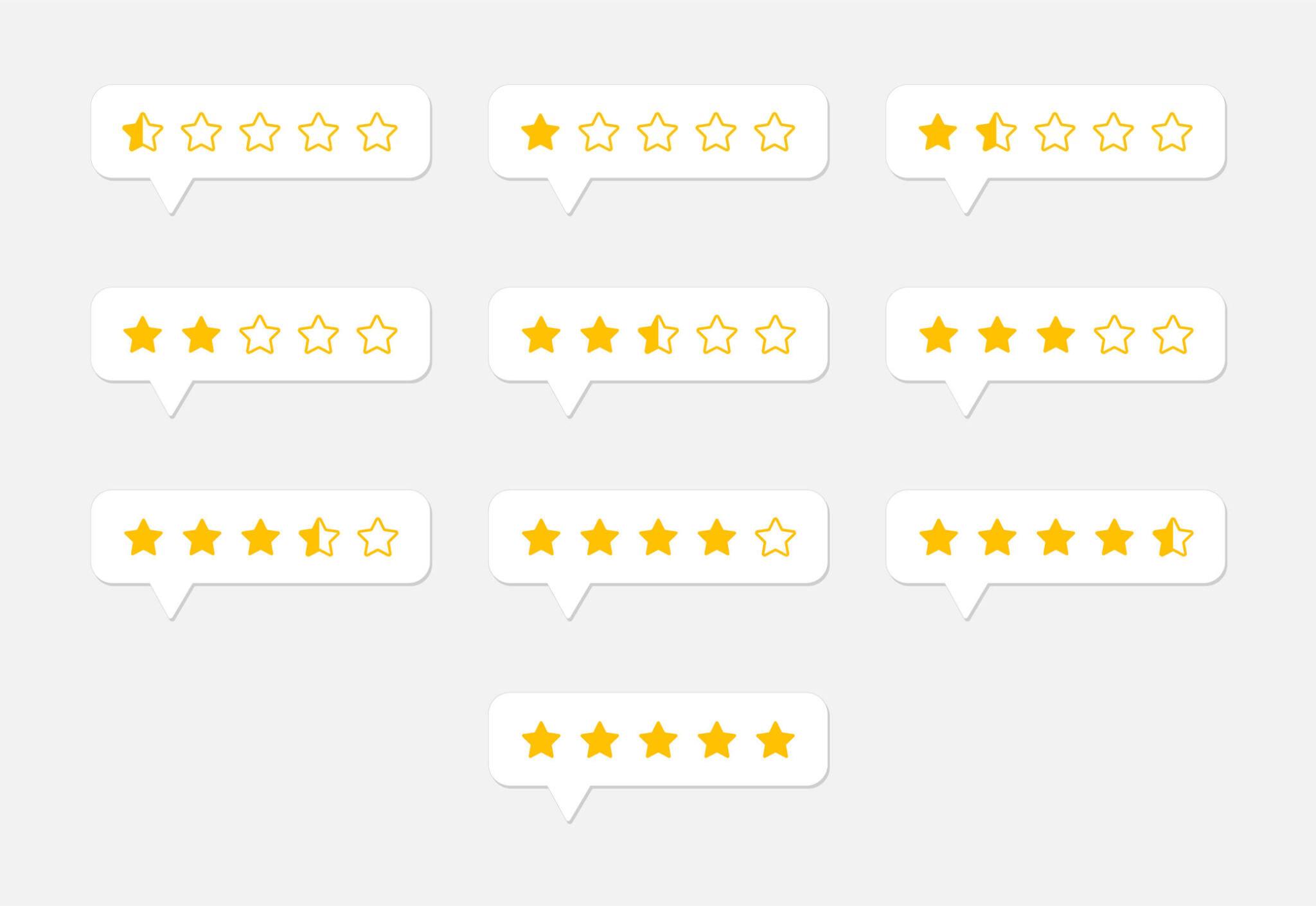In the ever-evolving landscape of web development, Progressive Web Apps (PWAs) have emerged as a powerful solution to bridge the gap between native mobile applications and traditional websites. Offering a myriad of benefits, PWAs have gained traction among businesses and developers alike. Let’s delve into the advantages that PWAs bring to the table, ranging from improved user experience to cost-effectiveness.
Progressive Web Apps, or PWAs, are web applications that utilize modern web capabilities to provide a user experience similar to that of native mobile apps. They were introduced in 2015 by Google Chrome engineer Alex Russell and have since gained popularity due to their ability to deliver high-performing, reliable experiences across various devices and platforms.
Improved User Experience
One of the primary advantages of PWAs is the enhanced user experience they offer:
Fast Loading Times
PWAs are designed to load quickly, even on slower networks, thanks to their efficient use of caching and other optimization techniques. This ensures that users can access content without long waiting times, leading to higher satisfaction and engagement.
Offline Capabilities
Unlike traditional websites, PWAs have the ability to work offline or in low-network conditions. By caching essential resources, such as HTML, CSS, and JavaScript files, PWAs can continue functioning even when the user is offline, providing uninterrupted access to content and functionality.
Push Notifications
PWAs support push notifications, allowing businesses to re-engage users with timely updates and reminders. Whether it’s notifying users of new content, promotions, or important events, push notifications enable businesses to stay connected with their audience and drive engagement.
Increased Engagement
PWAs are not only about delivering a seamless experience but also about driving user engagement:
Better User Retention
With features like offline access and push notifications, PWAs can significantly improve user retention rates. By keeping users engaged and informed, PWAs encourage repeat visits and interactions, leading to a stronger connection between the user and the app.
Enhanced Performance
PWAs are known for their exceptional performance, offering smooth navigation and responsive interactions. By leveraging technologies like service workers and optimized JavaScript code, PWAs deliver a snappy user experience that keeps users coming back for more.
Wider Reach
Another advantage of PWAs is their ability to reach a broader audience:
Cross-Platform Compatibility
PWAs are built using standard web technologies, making them compatible with various platforms and devices, including desktops, smartphones, and tablets. This cross-platform compatibility ensures that users can access the app regardless of the device they’re using, increasing its reach and accessibility.
Accessibility
PWAs are accessible via a web browser, eliminating the need for users to download and install separate applications from app stores. This frictionless experience makes PWAs more appealing to users and lowers the barrier to entry, resulting in wider adoption and usage.
Cost-Effectiveness
Compared to native mobile app development, building PWAs is often more cost-effective and time-efficient. With a single codebase that works across multiple platforms, businesses can save on development costs and streamline the deployment process. Additionally, the maintenance overhead of PWAs is lower, as updates can be rolled out seamlessly through the web.
Lower Data Usage
PWAs are designed to be lightweight and efficient, consuming less data compared to traditional native apps. This not only improves the user experience, especially for users on limited data plans, but also reduces data costs for businesses and users alike.
Statistics and Case Studies
Numerous studies and case studies have highlighted the advantages of PWAs:
- According to Google, PWAs have seen a 68% increase in mobile traffic and a 52% increase in conversions for leading e-commerce platforms.
- Forbes reported a 43% increase in sessions per user and a 20% increase in ad viewability after implementing a PWA.
Conclusion
In conclusion, Progressive Web Apps offer a wide range of advantages, from improved user experience and increased engagement to wider reach and cost-effectiveness. By leveraging the latest web technologies, PWAs empower businesses to deliver exceptional experiences to their users while achieving their goals more efficiently. As the digital landscape continues to evolve, PWAs are poised to play a crucial role in shaping the future of web development.




